Einstein Experts for Media
Search Results
You searched for "cancer"
17 results found
Julio A. Aguirre-Ghiso, Ph.D.
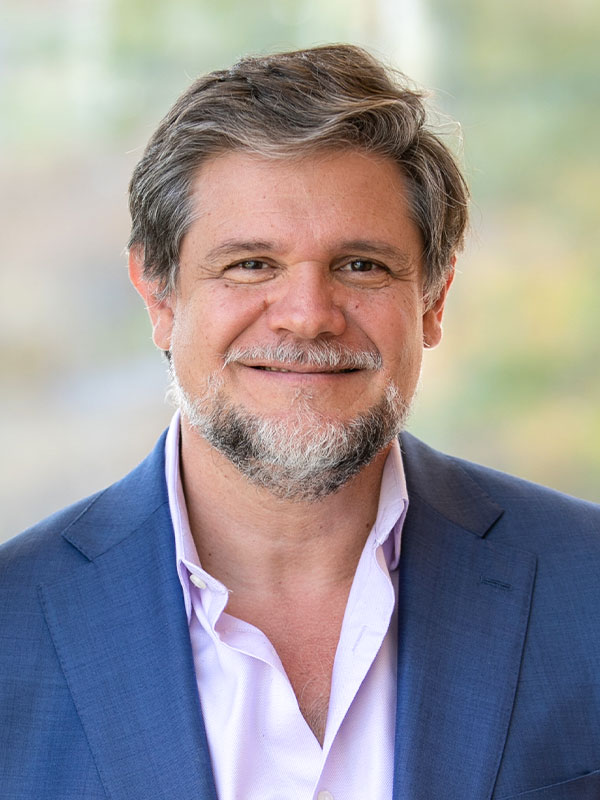
Professor, Cell Biology, Medicine and Oncology
Founding director, Cancer Dormancy and Tumor Microenvironment Institute
Co-Director, Gruss-Lipper Biophotonics Center
Co-Leader, Montefiore Einstein Comprehensive Cancer Center Tumor Microenvironment and Metastasis Program
Cancer biologyCancer dormancy and the tumor microenvironmentCancer metastasisStress signaling
Julio Aguirre-Ghiso, Ph.D., is an international leader in cancer cell dormancy and metastasis. He has helped lead a major shift in the cancer biology field by investigating how cancer cells hibernate, undetected, for long periods of time and what causes them to suddenly awaken to seed deadly, treatment-resistant metastases. read more...
Steven C. Almo, Ph.D.
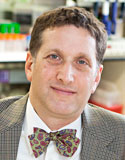
Professor and Chair, Biochemistry
Wollowick Family Foundation Chair in Multiple Sclerosis and Immunology
Director, Macromolecular Therapeutics Developmental Facility
BiochemistryDrug discoveryImmunotherapy and cancer
X-ray crystallography
Dr. Steven Almo is an internationally recognized leader in the field of structural biology. His lab uses high-resolution X-ray crystallography to determine the shapes and structures of proteins to better understand their function and help develop new drugs. The goal is to make immunotherapy treatments that more precisely and effectively treat a variety of cancers while causing far fewer side effects than current therapies. read more...
Aviv Bergman, Ph.D.
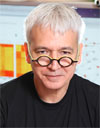
Professor and Founding Chair, Systems & Computational Biology
Professor, Pathology
Professor, Dominick P. Purpura Department of Neuroscience
Harold and Muriel Block Chair in Systems & Computational Biology
Evolutionary biologySystems biologyBiological modeling
Dr. Bergman combines data from basic and clinical research to create computer models of complex biological systems. As these models evolve, his work could contribute to calculating individualized medical outcomes and guiding treatment for patients based on their personal genetic make-up. Dr. Bergman has teamed with colleagues to study a variety of complex conditions, including aging, cancer and neurodegenerative diseases. read more...
Craig A. Branch, Ph.D.
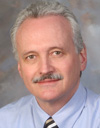
Associate Professor, Radiology
Director, Gruss Magnetic Resonance Research Center
Co-Director, EGL Integrated Imaging Program
Magnetic resonance imaging (MRI)Sickle cell disease Traumatic Brain Injury and Concussion MRI measures of function and physiology
Robert D. Burk, M.D.
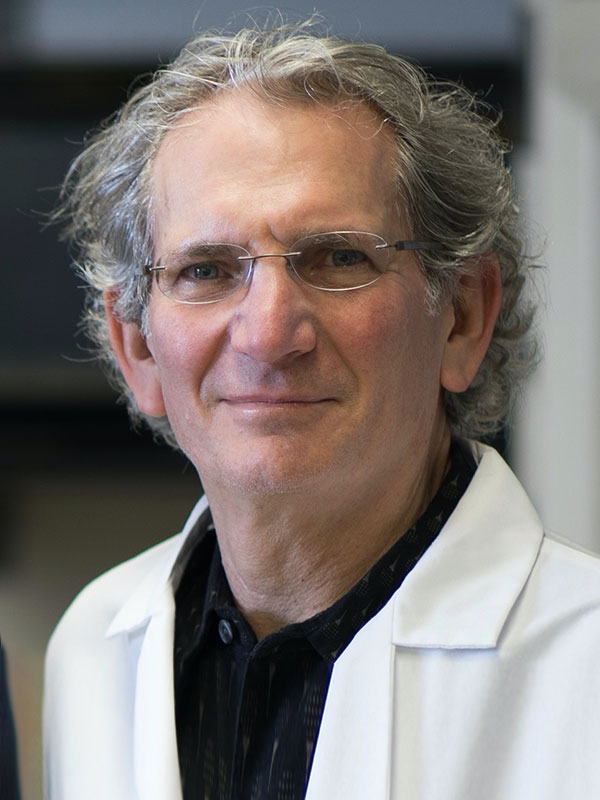
Professor and Vice Chair for Translational Research, Department of Pediatrics
Professor, Microbiology & Immunology
Professor, Obstetrics & Gynecology and Women’s Health
Professor, Epidemiology and Population Health
Attending Physician, Pediatrics, the Children's Hospital at Montefiore
Human papillomavirus (HPV)Cervical cancer screeningMolecular evolution
John S. Condeelis, Ph.D.
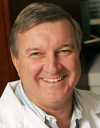
Professor, Cell Biology
The Judith and Burton P. Resnick Chair in Translational Research
Chair Emeritus Department of Anatomy & Structural Biology
Co-Director, Integrated Imaging Program
Scientific Director, Analytical Imaging Facility
Director, Integrated Imaging Program for Cancer Research
Biomedical technologiesIntravital imagingTumor microenvironmentBreast cancerMetastasis
Dr. Condeelis is a pioneer in developing microscope techniques for use in “intravital imaging” – observing the behavior of cells in living animals. His work has led to a clinical test of biopsy tissue to determine whether a woman’s breast cancer will spread (metastasize), which could help determine treatment. Because of the test’s success, Dr. Condeelis and colleagues have licensed the patent rights to a biotech firm, which is developing the tissue test into a commercial product. read more...
Ana Maria Cuervo, Ph.D., M.D.
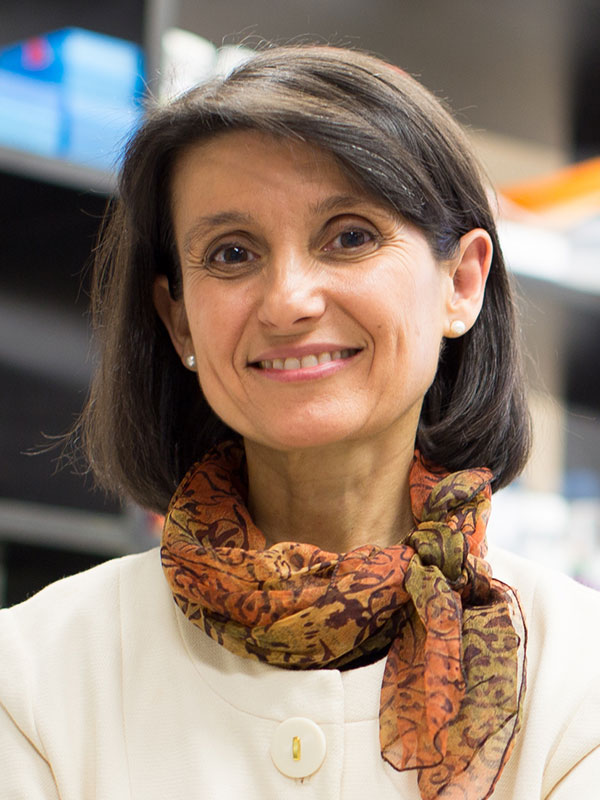
Professor, Developmental and Molecular Biology
Professor, Anatomy and Structural Biology
Co-Director, Institute for Aging Research
Robert and Renée Belfer Chair for the Study of Neurodegenerative Diseases
Molecular BiologyAgingAutophagy
Cellular biology
Dr. Cuervo is considered a leader in the field of autophagy— the process by which cells remove and recycle their waste. The Barcelona, Spain native is also an expert on the cellular biology of aging. Dr. Cuervo has been quoted in numerous publications, including The New York Times, Nature, Science, Scientific American, and The Scientist. read more...
Harris Goldstein, M.D.
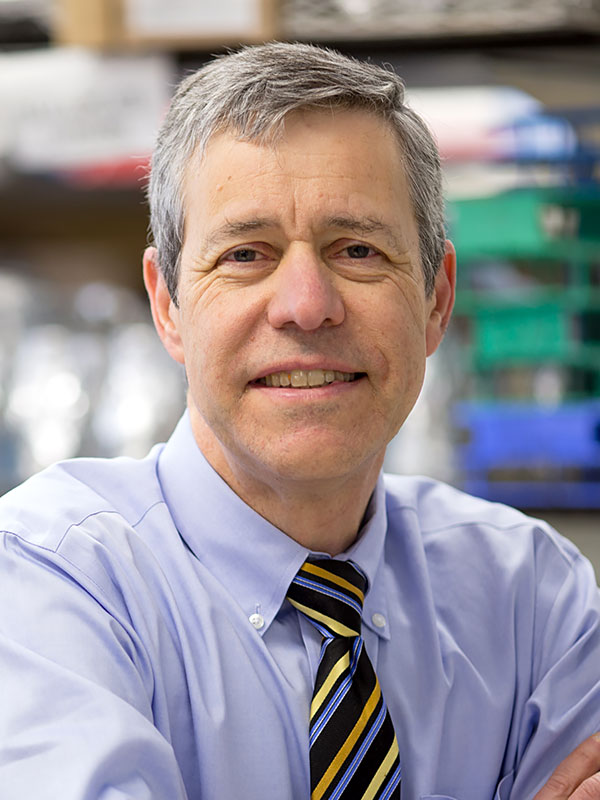
Professor, Department of Pediatrics (Pediatric Allergy & Immunology)
Professor, Department of Microbiology & Immunology
Associate Dean for Scientific Resources
Charles Michael Chair in Autoimmune Diseases
Director, Einstein-Rockefeller-CUNY Center for AIDS Research
HIV pathogenesis and HIV cure The immune system's antiviral activityEngineering molecules to attack virusesCAR-T cell structure and function Biologics against cancer and viruses
Dr. Goldstein’s NIH-funded research centers on developing agents to amplify the capacity of the immune system to control HIV infection and achieve a functional cure for the disease. In seeking to “weaponize” the immune system to cure HIV, his lab uses molecular, cellular, and biochemical approaches, including CAR-T cells and the novel treatment strategy developed by Dr. Almo at Einstein for selective T cell amplification called synTac (synthetic T-cell activation). read more...
John M. Greally, Ph.D., D.Med., M.B.,B.Ch.,B.A.O.

Director, Center for Epigenomics, Einstein
Faculty Scholar for Epigenomics, Einstein
Attending Physician, Pediatrics, The Children's Hospital at Montefiore
GeneticsEpigenetics/epigenomics
Dr. Greally began his career as a pediatrician who subspecialized in clinical genetics, seeing patients with genetic syndromes, birth defects and developmental problems. Now, Dr. Greally seeks to understand how genetic disease is caused not by DNA mutations, but due to abnormalities in how genes are switched off and on – a field known as epigenomics. read more...
Milan Kinkhabwala, M.D.

Professor, Surgery, Einstein
Chief, Transplantation, Montefiore Einstein Center for Transplantation
Director, Abdominal Organ Transplantation, Department of Surgery, Montefiore Einstein Center for Cancer Care
Liver diseasesTransplantationStem cell research
Liver cancer
Dr. Kinkhabwala is an active member of Einstein’s NIH-funded Marion Bessin Liver Research Center, where he is working to develop new treatments derived from stem cells for liver diseases, including liver cancer. An expert in complex liver surgery, including liver transplantation, he helped establish the Montefiore Einstein Center for Transplantation, where physicians, surgeons, nurses and other clinicians work with scientists to deliver integrated care for patients with organ failure. read more...
Steven A. Porcelli, M.D.
.jpg)
Professor and Chair, Microbiology & Immunology
Professor, Medicine (Rheumatology)
Murray and Evelyne Weinstock Chair in Microbiology & Immunology
Microbiology & ImmunologyT-cell immunityTuberculosis (TB)
Dr. Porcelli studies the control of acquired immunity – the type that develops when our bodies generate specific responses involving antibodies or T cells following exposure to vaccines or infection by disease-causing microbes. In particular, he investigates how T cells – which supervise both defense against microbes and immune tolerance – control the acquired immune response. read more...
Vern L. Schramm, Ph.D.
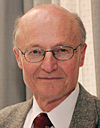
Professor, Biochemistry
Ruth Merns Chair in Biochemistry
BiochemistryEnzymesTranslational medicine
RicinAutoimmune diseases
Dr. Schramm is a member of the National Academy of Sciences and associate editor of the Journal of the American Chemical Society. His pioneering work in biochemistry has resulted in powerful new strategies for treating cancer, antibiotic resistance and autoimmune diseases. read more...
Jeffrey E. Segall, Ph.D.

Professor, Anatomy and Structural Biology
Professor, Pathology
Betty and Sheldon Feinberg Senior Faculty Scholar in Cancer Research
Biomedical technologiesImagingTumor cell imaging
Dr. Segall studies how tumor cells invade tissues and spread through the body. He has developed sophisticated imaging methods for following individual tumor cells moving in living animals. For example, one of his techniques involves a tiny glass window implanted in the skin of a mouse that allows scientists to track individual cancer cells as they spread a tumor site and attack other parts of the body. This technique could one day be used for assessing the effectiveness of specific drugs in preventing cancer from metastasizing. read more...
Simon D. Spivack, M.D., M.P.H.
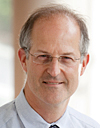
Professor, Medicine (Pulmonary Medicine), Einstein
Professor, Epidemiology & Population Health, Einstein
Professor, Genetics, Einstein
Chief, Pulmonary Medicine, Department of Medicine, Einstein and Montefiore Health System
Lung diseasesLung cancerEarly lung cancer detection
A researcher and clinician, Dr. Spivack is developing tests for detecting lung cancer at the earliest possible stage—before it becomes fatal by spreading to other parts of the body. In one of several NIH-funded studies, his laboratory is working on a noninvasive, early-diagnosis test for lung cancer that detects particular genetic elements and chemicals in exhaled breath. read more...
Ulrich G. Steidl, Ph.D., M.D.
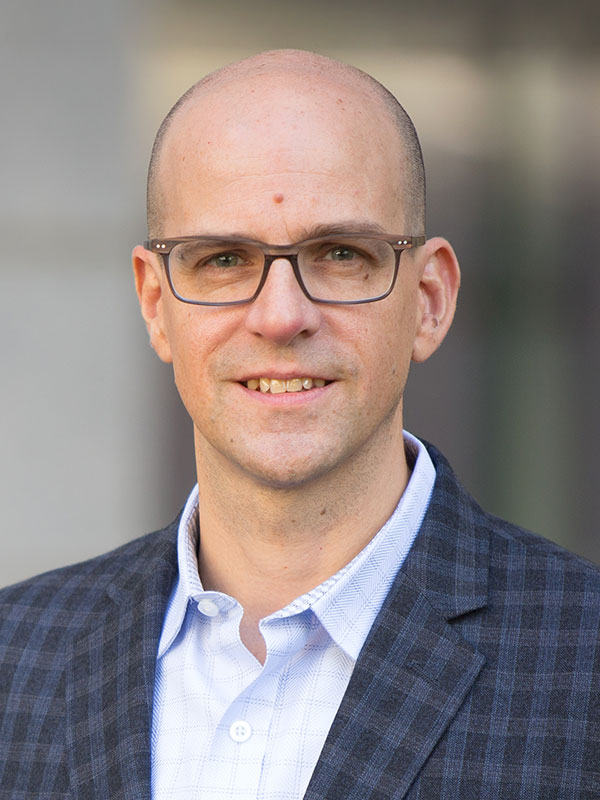
Professor, Cell Biology
Professor, Medicine
Deputy Director, Montefiore Einstein Comprehensive Cancer Center
Rose C. Falkenstein Chair in Cancer Research
Interim Director, The Ruth L. and David S. Gottesman Institute for Stem Cell and Regenerative Medicine Research
Leukemias and myelodysplastic syndromes Pre-cancerous and cancer stem cellsCell and tumor biology
Dr. Steidl studies the molecular and cellular mechanisms that lead to two related blood diseases, myelodysplastic syndromes (MDS) and acute myeloid leukemia (AML). His NIH-funded basic and translational research seeks to define the characteristics of pre-leukemic stem cells (pre-LSC), understand their progression to leukemic stems cells, and develop drug strategies to target the process. Dr. Steidl is co-director of the Montefiore Einstein Comprehensive Cancer Center's Blood Cancer Institute. read more...
Jan Vijg, Ph.D.

Professor and Chair, Genetics
Professor, Ophthalmology and Visual Sciences
Lola and Saul Kramer Chair in Molecular Genetics
GeneticsGenomic instabilityAging
Cancer
Dr. Vijg studies the molecular genetic changes associated with aging. Instability of genome and epigenome – the entire set of an organism’s genes and the switches that control their activity – has long been implicated as the main cause of cancer and of the loss of organ and tissue function associated with aging. read more...
Judith Wylie-Rosett, Ed.D.
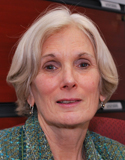
Professor, Epidemiology & Population Health (Health Promotion and Nutrition Research)
Professor, Medicine (Endocrinology)
Division Head, Health Promotion and Nutritional Research, Department of Epidemiology & Population Health
Atran Foundation Chair in Social Medicine
NutritionObesityWeight management
Behavior modificationType 2 diabetes
Dr. Wylie-Rosett’s research focuses on nutrition’s role in preventing and controlling chronic diseases—particularly diseases such as type 2 diabetes and heart disease in which obesity is an important risk factor. She is associate editor of the journal Diabetes Care and author of The Complete Weight Loss Workbook. Dr. Wylie-Rosett has helped the American Diabetes Association and American Heart Association develop nutrition-related recommendations and position statements. read more...

Tablet Blog